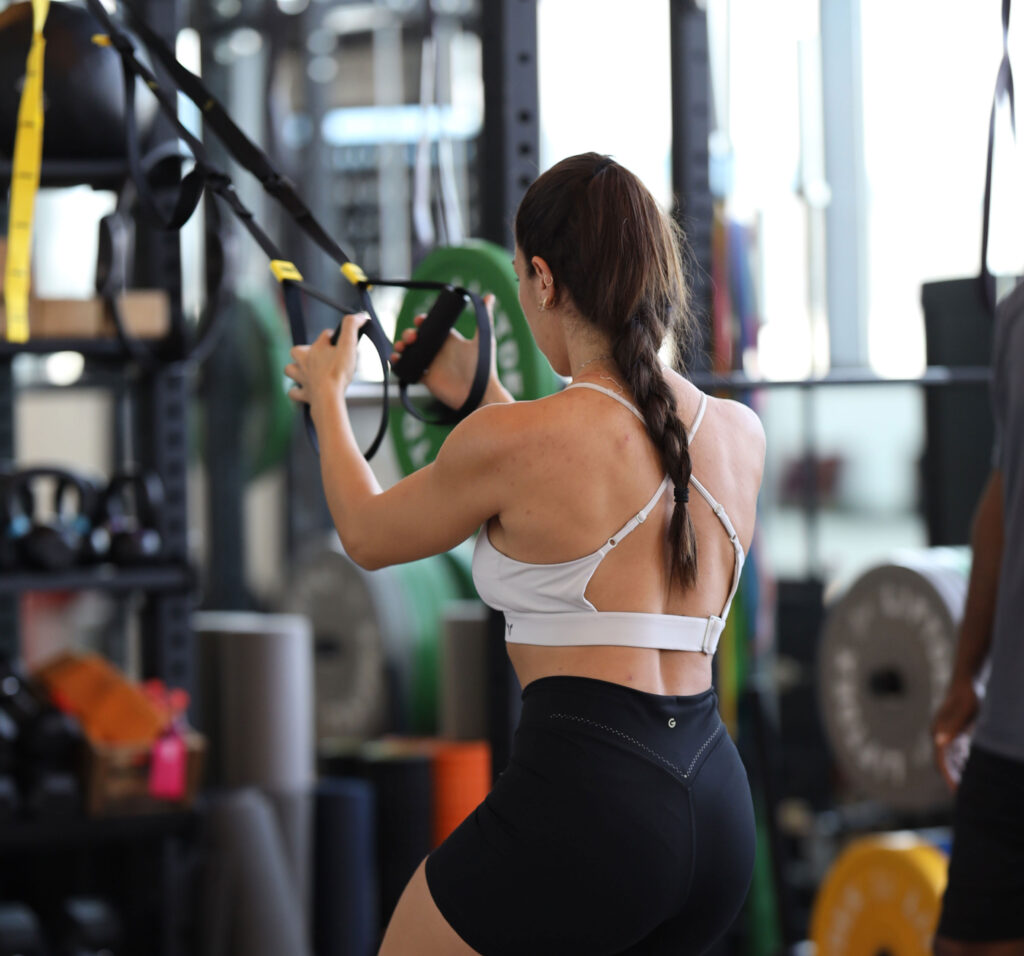strength training
Why Women Need Strength Training : More Than Just Muscles
When most people hear strength training, they picture men or athletes lifting heavy barbells in a loud gym. But here’s the truth: if you’re a woman, picking up weights might be one of the best decisions you ever make for your body, brain, and overall health. And no, it won’t make you “bulky”—which is a common misconception—but it will make you stronger, healthier, and more resilient in ways that cardio alone can’t achieve.
Let’s break down the science-backed reasons why strength training is a non-negotiable for women of all ages.
1. Bone Health: Fighting Osteoporosis Before It Starts
After the age of about 35, women naturally start losing bone density—and this accelerates after menopause when estrogen levels drop. Although bone density changes are a natural part of aging, strength training stimulates osteogenesis (new bone formation) by placing healthy stress on bones, which can reduce the rate of decline and prevent osteoporosis. This is especially key for areas such as the hips and spine, which are common fracture sites for women as they age.
Why this matters: Strong bones = lower fracture risk, better posture and structural support, and greater independence as you age.
2. Muscle Mass: Functional Strength for Everyday Life
Another thing that happens when we age is natural loss of muscle mass – a process called sarcopenia. This is also suggested to start between the ages of 35-40. Strength training is the best way to build and maintain muscle at any age. If you think about basic movements in your everyday life – carrying groceries, picking up your kids, walking up the stairs, moving furniture, standing up from the floor – life is basically a series of strength tests.
Incorporating movement patterns in your strength training, such as push, pull, squat, hinge, carry, will allow you to build/maintain muscle mass and allow you to perform your everyday tasks of life with ease.
Why this matters: More muscle means staying active for longer, more independence, and less pain and injury.
3. Healthy Aging and Longevity
Skeletal muscle is often referred to as the “organ of longevity.” Recent research indicates that individuals with a smaller thigh circumference tend to have a higher risk of cardiovascular disease and reduced life expectancy. Yes, this literally means, stronger thighs (higher muscle mass) are linked to a reduction in all-cause mortality and better physical function in later years.
Why it matters: More muscle means more life—and a better quality of life.
4. Blood Sugar Control
Strength training significantly impacts blood sugar control. Strength training creates more muscle mass, which boosts the effectiveness of insulin and allows for better blood sugar regulation. It essentially helps your body use glucose more efficiently.
Why it matters: This lowers the risk of type 2 diabetes, especially important for women with PCOS or a family history of metabolic disorders.
5. Joint Health and Injury Prevention
Lifting weights strengthens not just muscles, but also tendons, ligaments, and connective tissues. Progressive overload through strength training triggers collagen synthesis in tendons and connective tissue. By applying load (resistance) to these tissues, they adapt, become stronger ,and are able to withstand more force, which reduces the risk of injury, especially during daily activities or sports. More strength through these structures creates better joint stability.
Why it matters: A stronger and more resilient body is less likely to get injured.
6. Mental Health
The mental shift that comes from getting stronger is huge. Resistance training increases neuroplasticity—the brain’s ability to adapt and learn throughout life. This helps support brain health through enhanced cognitive function, reduced risk of dementia, improved anxiety and depression symptoms, stress relief, confidence and self-esteem.
Why it matters: You feel stronger, more confident, and more capable in every area of life. A stronger body leads to a healthier and happier brain.
So here’s the bottom line—strength training isn’t just for athletes, bodybuilders, or the fitness obsessed. It’s a vital part of women’s health and wellness at every stage of life—whether you’re in your 30s or your 80s. You’re not just building muscle—you’re building stronger bones, independence, a healthier heart, better brain health, and a strong, resilient body that allows you to live a long and full life.


